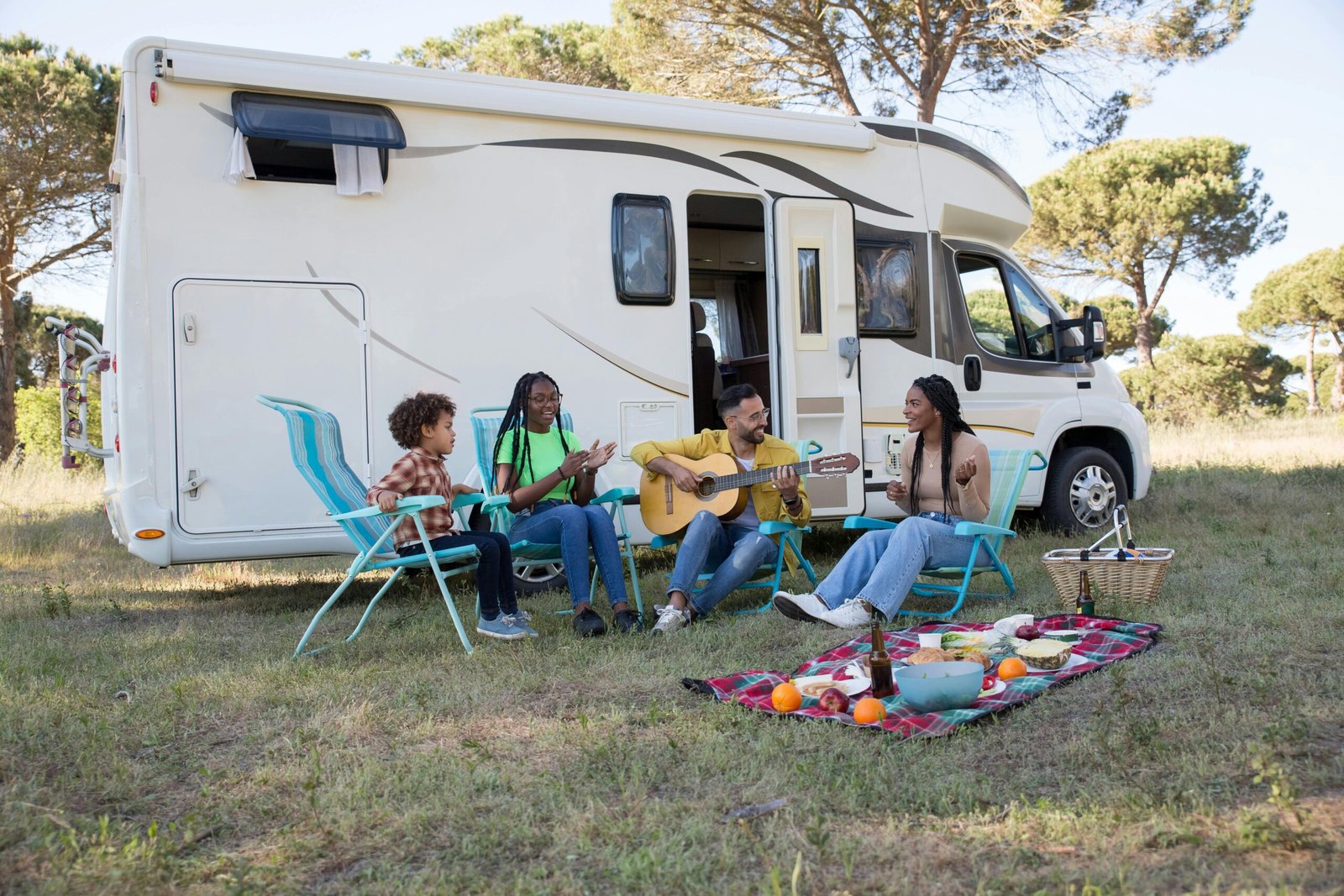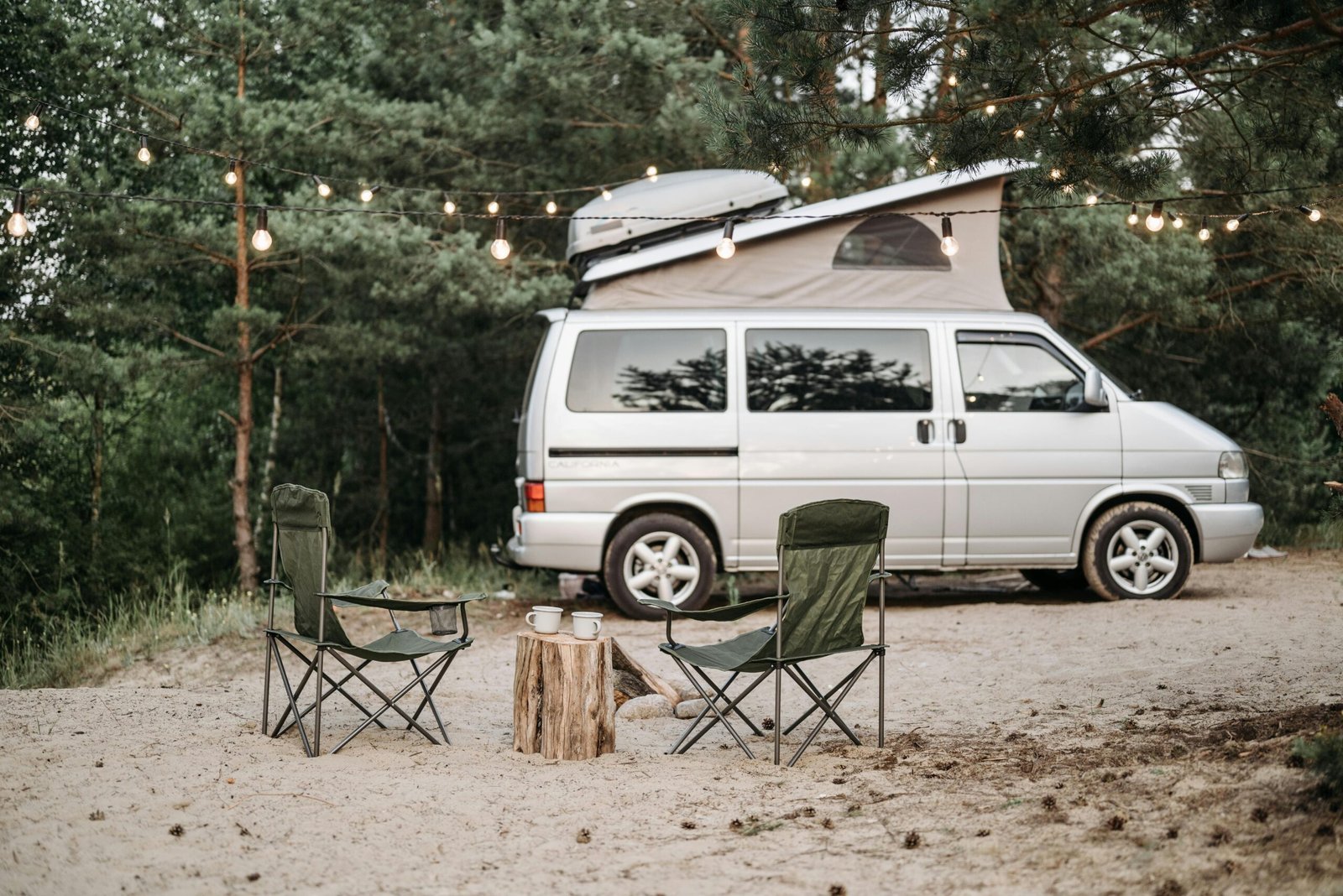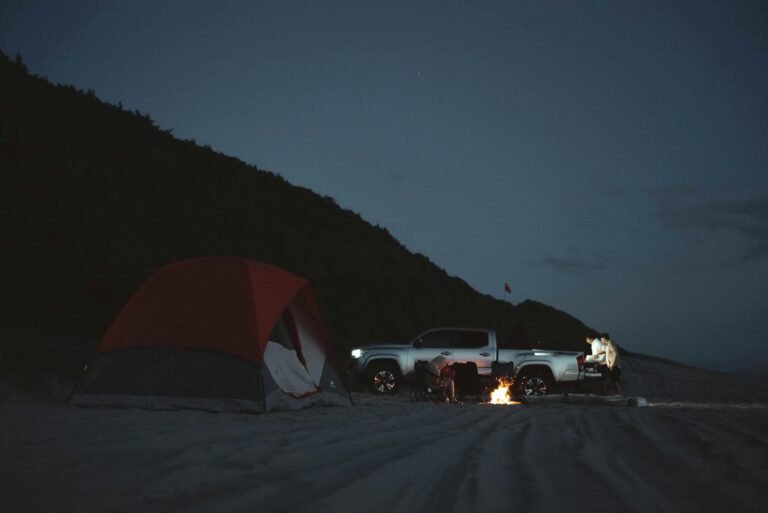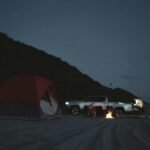This article may contain affiliate links. read more
Have you ever heard of dry camping? If you’re an avid camper or someone who loves the great outdoors, this term might have come up in conversations or articles about camping. Dry camping, also known as boondocking, is a unique type of camping experience that offers a different set of challenges and rewards compared to traditional camping.
What is dry camping?
Dry camping, also known as boondocking, is a type of camping where people camp in RVs or motorhomes without usual amenities like water or electricity. Campers park on public or private land (with permission), often for free. It’s a way to enjoy nature and adventure without relying on fancy campgrounds.
When you go camping with RVs or motorhomes, you rely solely on your own resources. This means you’ll need to bring your own water supply, power source, and waste disposal solutions. It’s a great way to disconnect from the hustle and bustle of modern life and truly immerse yourself in nature.
Where Can You Go Dry Camping?
Dry camping can be done in a variety of locations, from national parks and forests to remote wilderness areas. Many public lands allow for dry camping, as long as you follow their regulations and leave no trace behind. Some private campgrounds also offer dry camping options for those seeking a more rustic experience.
One of the advantages of dry camping is the ability to camp in more secluded and scenic locations. Since you’re not limited to designated campsites with hookups, you can explore off-the-beaten-path areas and find your own slice of paradise.
Essential Equipment for Dry Camping
When it comes to dry camping, having the right equipment is crucial. Here are some essentials you’ll need to ensure a successful and enjoyable dry camping experience:
- Water Storage: Bring enough water for drinking, cooking, and cleaning. Portable water containers or jugs are essential for storing water during your trip.
- Power Source: If you’re camping in an RV, you’ll need a reliable power source. This can be a generator, solar panels, or a combination of both. For tent campers, portable power banks or solar chargers can be used to charge electronic devices.
- Waste Disposal: Proper waste disposal is essential when dry camping. Bring portable toilets or use designated facilities if available. Always follow Leave No Trace principles and dispose of waste responsibly.
- Cooking Equipment: A portable camping stove or grill is essential for cooking meals. Make sure to bring enough fuel to last your entire trip.
- Lighting: Since you won’t have access to electrical hookups, bring portable lighting options such as lanterns or headlamps to illuminate your campsite at night.


Tips for a Successful Dry Camping Trip
Here are some tips to help you make the most of your camping adventure:
- Plan Ahead: Research the area where you plan to go and familiarize yourself with any regulations or restrictions.
- Conserve Resources: Be mindful of your water and power usage to ensure you have enough for the duration of your trip. Practice water-saving techniques and use energy-efficient appliances.
- Be Prepared: Pack extra supplies, including food, water, and fuel, in case of unexpected situations or extended stays.
- Embrace Nature: Enjoy the peace and tranquility of the outdoors. Take time to explore the surrounding area, go hiking, or stargaze at night.
- Leave No Trace: Always clean up after yourself and leave your campsite as you found it. Respect the environment and wildlife by following Leave No Trace principles.
Dry camping offers a unique opportunity to disconnect from the modern world and reconnect with nature. It’s a chance to challenge yourself, explore new places, and create unforgettable memories. So, if you’re up for an adventure and want to experience camping in its purest form, give it a try!










